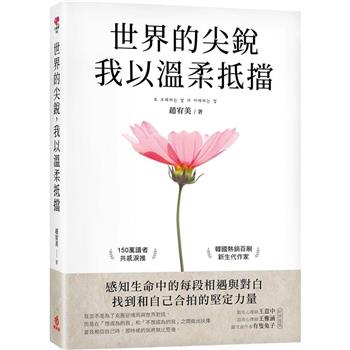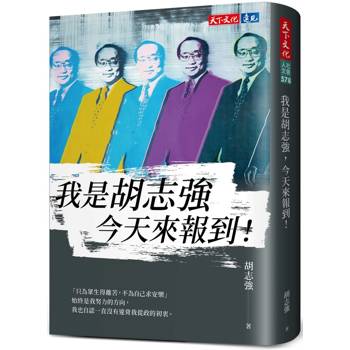| FindBook |
|
有 2 項符合
sudhinaraset的圖書 |
 |
$ 1922 | Worlds at the End: Los Angeles, Infrastructure, and the Apocalyptic Imagination
作者:Sudhinaraset 出版社:Temple University Press 出版日期:2024-11-01 語言:英文 規格:平裝 / 250頁 / 普通級/ 初版  看圖書介紹 看圖書介紹
|
 |
$ 6903 | Worlds at the End: Los Angeles, Infrastructure, and the Apocalyptic Imagination
作者:Sudhinaraset 出版社:Temple University Press 出版日期:2024-11-01 語言:英文 規格:精裝 / 250頁 / 普通級/ 初版  看圖書介紹 看圖書介紹
|
|
|
|











